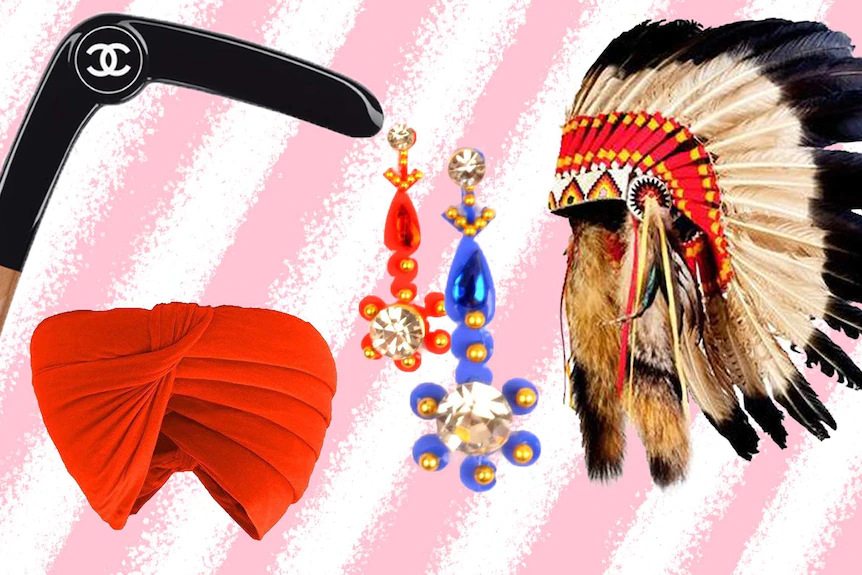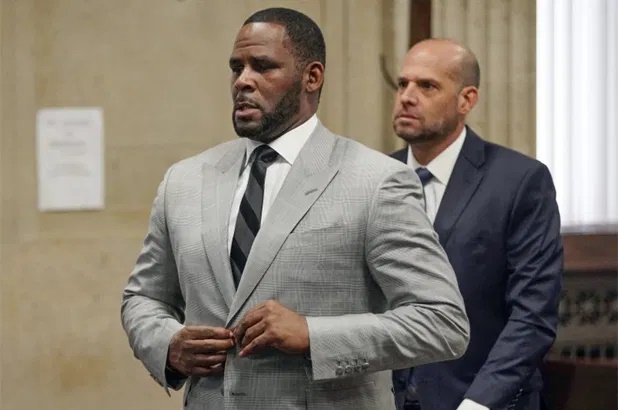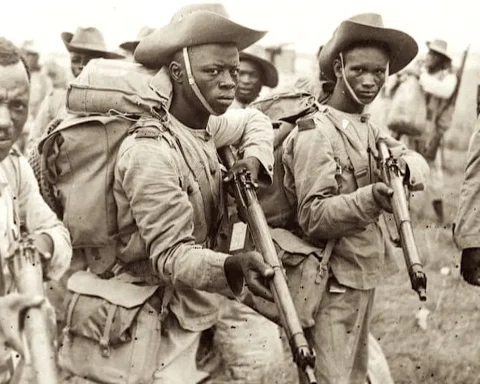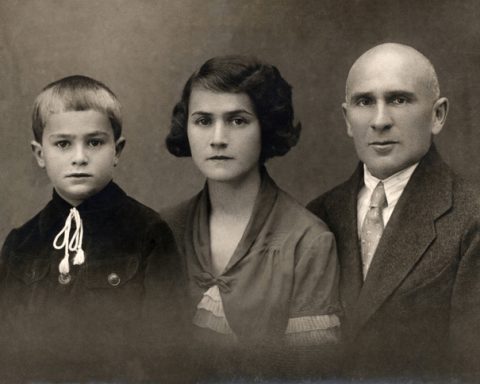
The ‘cancel culture’ in the black culture is not alien to it. Since the beginning of the time of enlightenment, black people across the world have used various means to draw the line against various forms of oppression that have come their way. There was the Haitian Revolution; The Aba Women Riot; The Selma to Montgomery march; and even the Black Lives Matter protests that have been going on for weeks, all symbolize the various steps taken by black people to unite against oppression.
The ‘cancel culture’ is not different. This movement simply means telling people to boycott a certain individual, establishment, product, and so on. The ‘cancel culture’ is not alien to the black culture in the sense that just like the various forms of protests that we have enumerated above, the ‘cancel culture’ is likewise a form of protest, which is a product of recent times. However, the time has come for this part of our culture to be reviewed to ensure that it is not being abused or exploited for selfish and personal gains.
This call for review comes after a lot of issues have made its review really paramount, however, the most recent being the issue that came up with Adele during the weekend. During the Notting Hill Carnival that took place recently, British pop star, Adele, uploaded a picture on her Instagram where she was rocking a bikini designed with Jamaican flag and was also rocking a hairstyle with Bantu Nuts. This sent out a lot of mixed reactions, with some black people citing the cultural appropriation move by Adele as being wrong, hence the need to “Cancel Adele”. While a larger number of people defended her actions while shunning some Afrocentric supporters of the “Cancel Adele” movement, this move remains questionable.
The supporters of the “Cancel Adele” movement opine that the fact that Adele is a white woman, copying the cultural Bantu Nut hairstyle was wrong and inappropriate. First of all, there is nothing wrong with this, as anyone is free to make whatever type of hairstyle they want to make. Secondly, black people need to understand that we are not the custodians of every other minority entity. Most Jamaicans who saw the photo rather praised Adele than scold her. We should understand the fact that despite the fact that we may reasons why people should not appropriate our culture, we should respect the decisions of others when it applies to them.
Reviewing the ‘cancel culture’, therefore, is a call for all patrons of the black culture as well as members of the black community, to use this movement rather objectively and logically, not to satisfy subjective and irrational aims. The continuous and wreckless use of this movement will only dull the effect it has on resolving most of our collective problems in the future.








